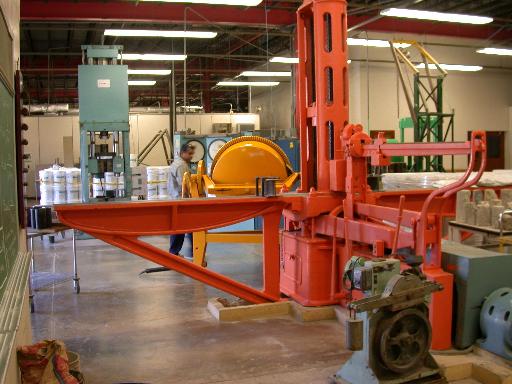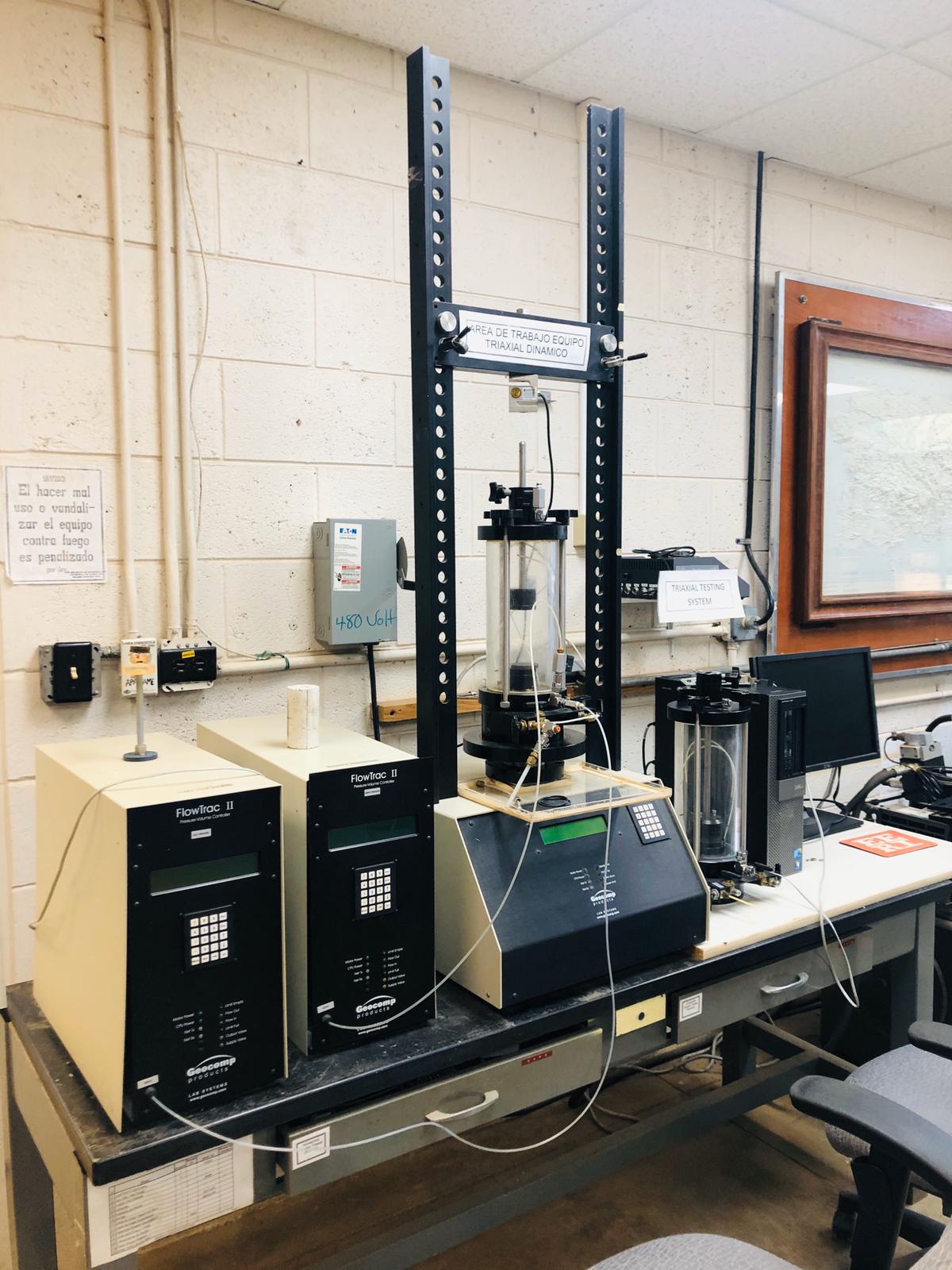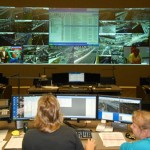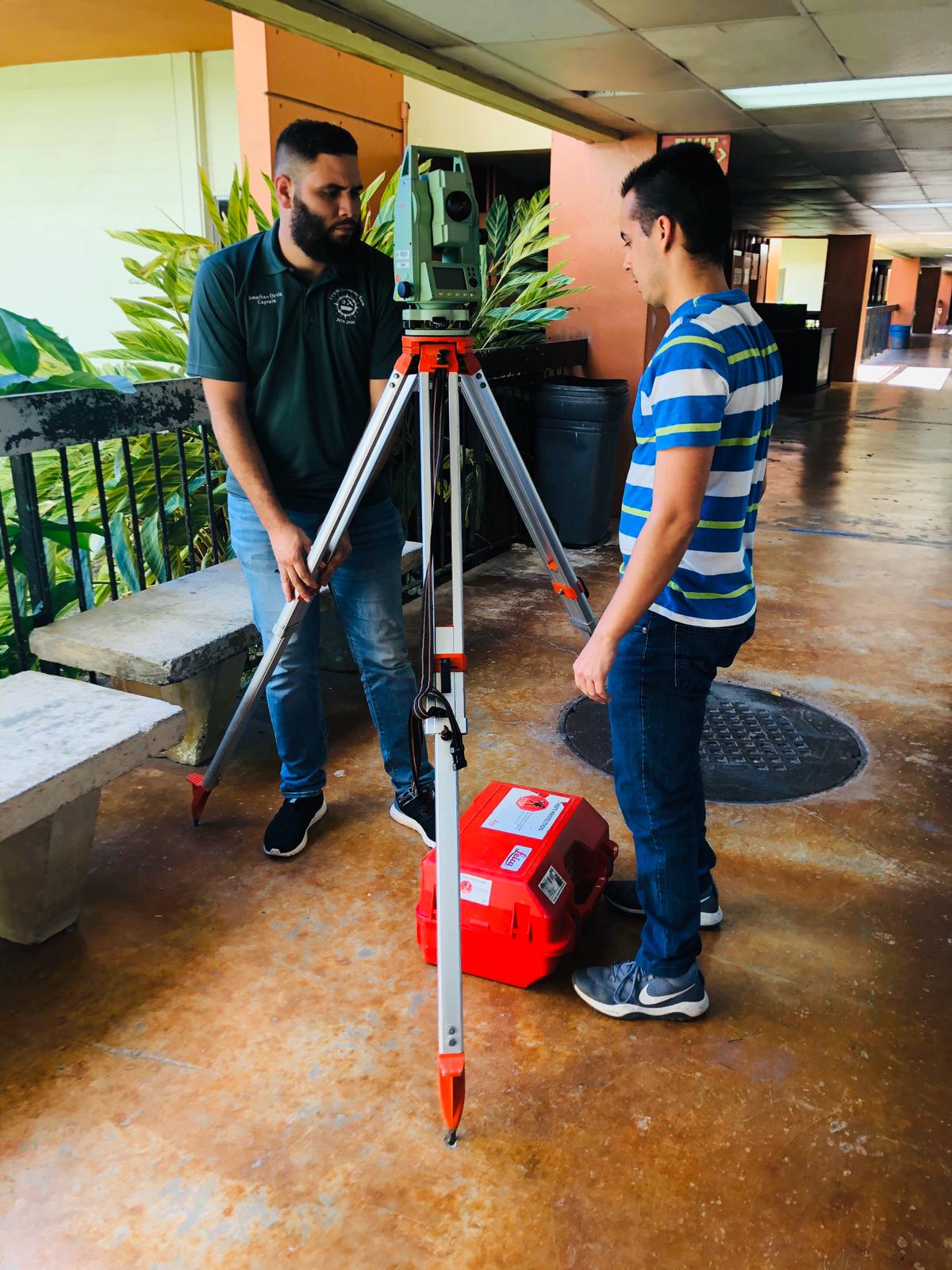
Environmental Engineering
Environmental Engineering is the Civil Engineering field that analyzes the occurrence, distribution, circulation, management and use of water and contaminants in nature and man-made systems. It also studies hauling and the control of contaminants in the water, solid substance, and atmosphere.Read More »

Structural Engineering
Test The characterization, selection, and use of building materials such as wood, concrete, metals, and other compounds, are the responsibility of a structural engineer. The civil engineer that specializes in structure conducts the analysis and design in order for these to resist in a safe way the pressures that are performed upon them.TextRead More »

Geotechnical Engineering
In geotechnical engineering, the civil engineer analyzes and designs different types of foundations such as footings, driven piles, piles of pre-excavated shaft, tiles, and foundations for different types of structures such as buildings, bridges, towers, and offshore platforms.Read More »

Construction Engineering and Management
Construction Engineering and Management studies the factors related to the construction of projects in order for a professional to have the skills and knowledge necessary to ensure that the constructions project are successfully accomplished. The professional develops knowledge in all the areas of Civil Engineering since the product being developed is a result of the intervention through the planning and design of all other areas.Read More »

Transportation Engineering
Transportation Engineering is related to the application of scientific principles and the use of technology to ensure that the movement of people and freight is carried out in a safe, fast, comfortable, convenient, economical, and environmentally sustainable manner.Read More »

Surveying and Topography
Surveying, also known as Geomatics, is a subdivision of geodesy (science that determines the form and size of our planet) also develops all kinds of maps. Surveying seeks to determine the form, size, and position of smaller portions of lands such as solar properties. This discipline requires mathematical preparation and a science concentration, mainly, physical, optical, and astronomy. In practical terms, Surveying is practical application of the geometry of space and surface representation.Read More »
